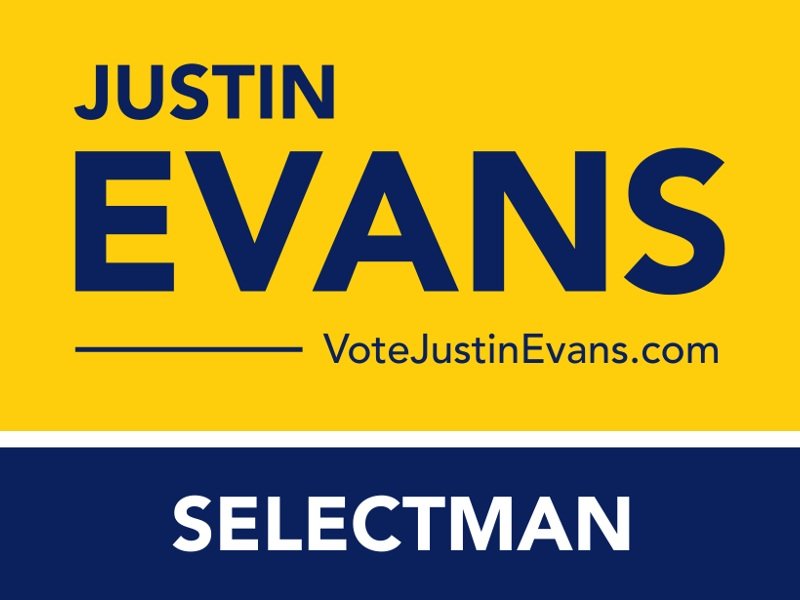The Perfect Storm: Rising Costs and Revenue Caps Cripple Town Budgets
Towns all over the state are facing structural budget deficits and asking the taxpayers to raise their own taxes. Across the South Shore alone Duxbury sought a $5.8 million override, Halifax is seeking a $1.5 million, Hanover $3.7 million, Hanson $3 million, Norwell $3.7 million, and Whitman $2.4 million. Similarly, Cohasset, Abington, and Hanover (again) are seeking to change the way solid waste disposal is paid for to free up operating budget money by shifting the cost to user fees. Weymouth and East Bridgewater are cutting positions in the schools, Hingham is increasing user fees in the schools, and Scituate is eliminating some municipal positions.
This crisis has been a long time coming and most towns point to the same symptoms. From the schools its special education costs, uncapped increases to out of district placements, unsustainable growth in transportation costs. In general government its skyrocketing healthcare costs, inflationary pressures, solid waste disposal, and in Plymouth County it’s the final few years of meeting the pension obligation. Plus, unions are trying to settle contracts where cost of living increases at least keep pace with inflation, which is above municipal revenue growth.
Revenues aren’t looking much better. The end of CARES, ARPA, and ESSER funding has led to towns using free cash or considering stabilization funds to make up for lost one-time funds. Proposition 2 ½ limits tax increases to 2 ½% plus new growth, Unrestricted General Government Aid is growing about 3%, and most towns in the Commonwealth are minimum aid schools for the purposes of Chapter 70, meaning that vital revenue source is only going up by the per pupil minimum every year. Given this, and the flatlining in new growth as interest rates, lumber tariffs, and the general difficulty of permitting and building in Massachusetts that has strangled municipal revenue at a time when expenses are getting uncontrollable. Taken together it all leads to so many towns unable to maintain level services at the current cost.
What can be done? Apart from throwing state money at the problem, or authorizing increases above 2 ½%, we need to get control of the costs. Out of district placements for special education need some caps or DESE needs to authorize more schools to provide those services. If a student must receive an education, and there is only one suitable facility, that facility gets to name their price, and the sending district must pay it. The same competition challenge is true for transportation: if only one bus company replies to the request for proposal, then that’s the cost. And often it’s only one bus company replying.
Healthcare is more complicated and there are a lot of issues with the current healthcare system. Most towns today look to participate in the state’s GIC, or the MIIA plan from the Massachusetts Municipal Association. The legislature could set up a Medicaid buy in option for public sector employers to give towns another option, the same one that an individual could purchase on the MassHealth marketplace. I recognize that this is very unlikely, but I can’t quite figure out why it shouldn’t be considered seriously. Controlling costs is critical, but revenue also needs to be addressed.
New growth is the answer to revenue challenges. Lucky for us we’re in a housing crisis so there should be plenty of demand if we can just clear the way. MBTA Communities zoning has been a brutal fight, 40R zoning didn’t get the uptake it needed, maybe the ADU by right change will start showing results. But it’s just too difficult to build here.
Infill development is a nightmare of parking minimums and setback requirements, so most developers opt for new subdivisions in the suburbs, but those come with their own set of planning board, zoning board, and conservation commission public hearings. If each board meets once a month and offers some feedback, we have a 6-month delay of a process that could often be run through the local building department. If the project is at all controversial, it’ll be delayed even longer as public hearings are continued. Maybe something more politically palatable in Massachusetts: by-right zoning of co-located solar and battery facilities on industrial land would at least create some PILOT agreements or personal property tax opportunities. Alternatively, Proposition 2 ½ could be changed to more directly link the allowable levy limit increase (2 ½% above last year’s limit plus new growth) to the levy ceiling increase (2 ½% of the value of all taxable property).
The more I write, the more related our challenges seem. We’ve created a state of scarcity. Readers, if your town is facing these challenges, and they probably are, learn about the municipal budgeting process, attend town meeting, and vote. The decisions we’re facing now will likely be decided by low turnout in a local election, and it will decide the staffing levels for schools, public safety, and other government services for years to come. That means increasing class sizes, reduced course offerings, reduced fire department staffing, and police shifts running short. We need more local elected officials thinking about this challenge, and we need more state officials working on solutions.
Justin Evans is a member of the Whitman Select Board and the founder of the AI local news service SouthShore.news
